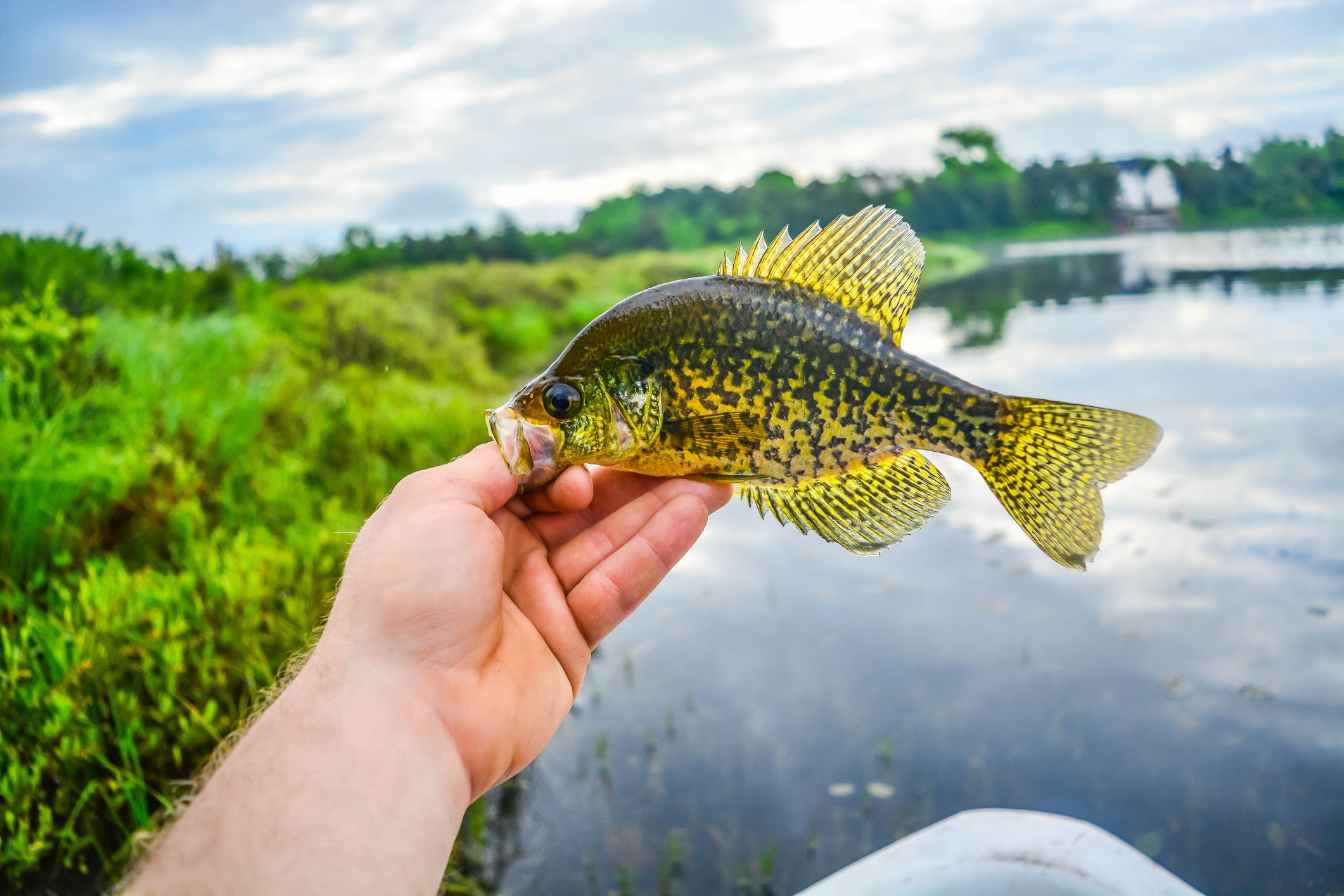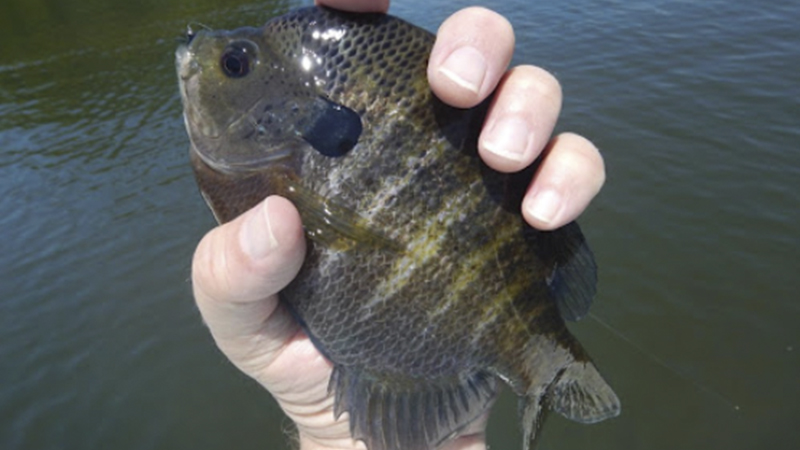by Jim Mize
Ready for a giggle? Humor writer and outdoorsman Jim Mize shares how his crappie fishing and gator nest spotting adventure went awry from an unfortunate run-in with fire ants.
Normally, I don’t worry about fire ants while crappie fishing from a boat. But fire ants aren’t normal.
I was fishing with Steve English, who guides crappie fishermen on the Santee Cooper lakes. Steve was helping a group of outdoor writers from the South Carolina Outdoor Press Association get photos and story material. During this process, he was also helping us catch fish.
Crappie love brush-piles, and Steve knows the locations of more than a second-grader can count. Scattered at various depths, the brush piles offer fishing targets that suit any weather condition or season.
We fished minnows just above the brush, and while those rods bobbed due to ripples from a light breeze, we also bounced plastic-tailed jigs. Crappie, catfish, and small stripers responded to both baits.

The catching and shutter-snapping progressed at a steady rate.
We were counting crappie in terms of meal numbers — “that’s two suppers” — while visions of hushpuppies danced in our heads.
The sun and temperatures kept rising, and Steve suggested a cruise to cool off. We agreed.
As we ran up the Diversion Canal to Lake Marion, Steve posed an interesting question, namely, “Does anyone want to see a gator nest?”
A number of questions came to mind, such as, “How close do we get?” “Are we looking from the safety of the boat?” and “Is the gator home?”
But I kept these to myself.
Steve beached the boat and led the way. We edged through branches and hanging vegetation, taking care to watch for wasps and snakes.
Emerging on the backside of the bank, we saw a gator nest, and the gator happened to be elsewhere. So far, so good.
Click here to read the rest of Jim Mize’s story at rethinkrural.com







